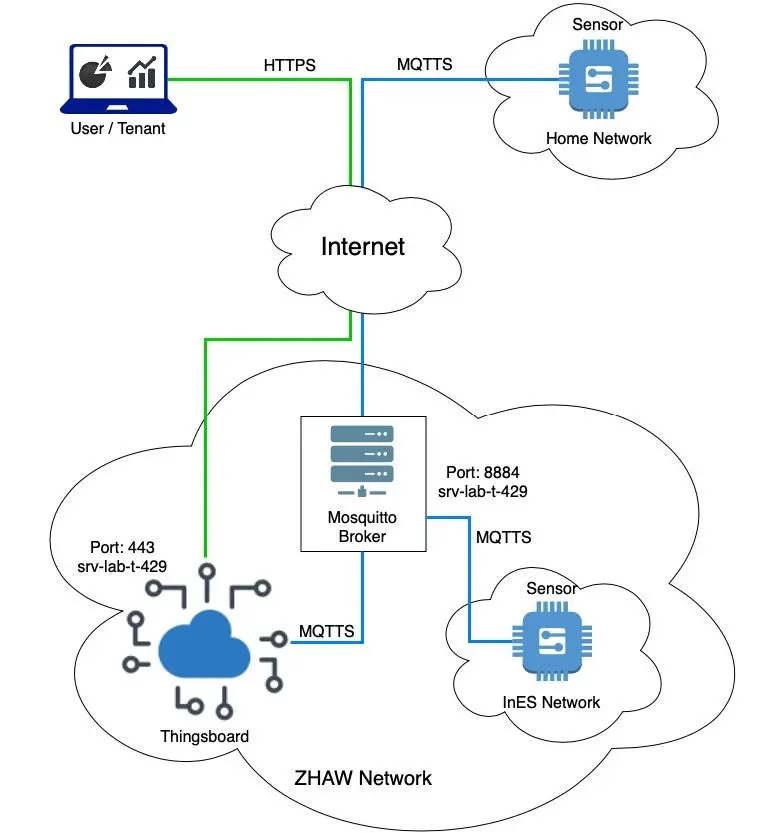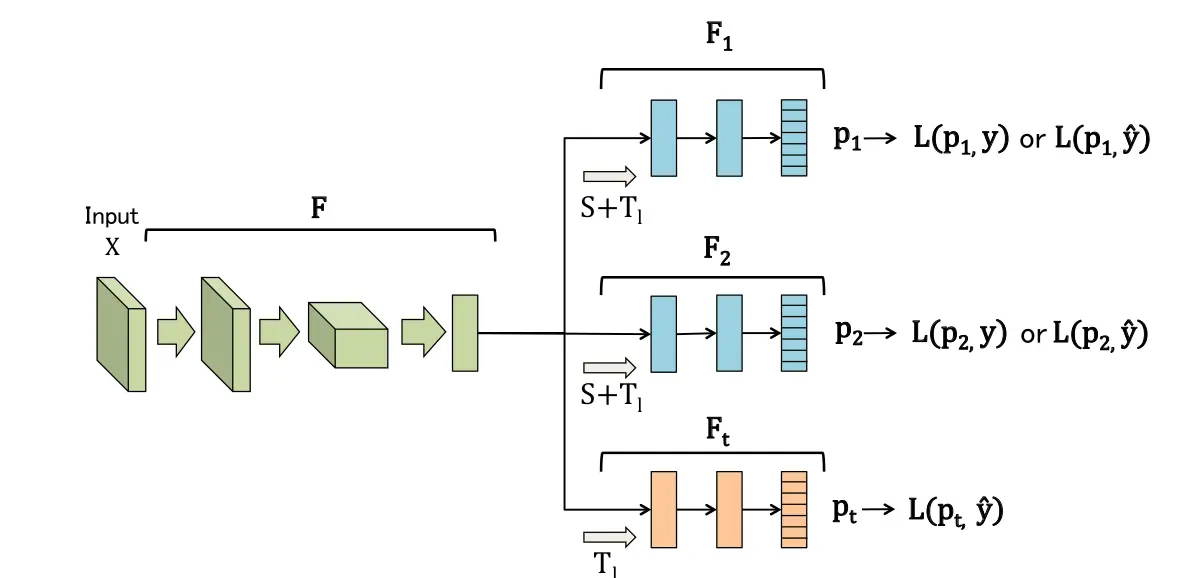Master's degree programme at the Institute of Embedded Systems (InES)
The Institute of Embedded Systems (InES) offers over 20 master study places in the MSE (Master of Science in Engineering). Students can study in one of three MSE profiles Electrical Engineering, Computer Science and Data Science, in all of the Institute’s specialisations.
Electrical Engineering
Electrical Engineering is a core competence reflected in all our research groups. We research and develop innovative circuits for Swiss companies in ultra-low-power electronics, with or without energy harvesting; wireless communication systems; high performance computing equipment and safe and dependable systems. We also research and develop innovative systems in VHDL on FPGAs and software for high performance signal processing, network and communication technologies and embedded machine learning.
Computer Science
Computer Science for Embedded Systems is a core competence reflected in all our research groups. We research and develop software for both IoT/ultra-low-power systems as well as high performance networking and signal processing. We place special focus on high-quality software engineering, applied security, attachment and interaction between embedded (IoT) devices and data-bases and the cloud, signal processing, (embedded) operating systems and embedded machine learning. Our applied research output is used by industry in ultra-low-power systems, signal processing, communication, both high performance and wireless, embedded machine learning and safe and dependable systems.
Data Science
Data Science in Embedded Systems is a competence reflected in our IoT and embedded machine learning groups. We utilise data-mining algorithms in video processing for safe and dependable systems and in IoT systems in pattern matching whilst the embedded machine learning groups rely heavily on data science technologies for the optimisation of machine learning for resource restrained systems.
Information and Cyber Security
Information events and application
- Online Info Event 19.02.2026, 6:00 p.m.
- Online Info Event 11.03.2026, 6:00 p.m.
- Online Info Event 07.04.2026, 6:00 p.m.
Study Application
Registrations for the autumn semester (starting in September) are possible from the beginning of February until the end of April. For the spring semester of the next year (starting in February) from the beginning of August until the end of October.
Master thesis
Security Framework for Embedded IoT Devices

How can device manufacturers protect their low power IoT devices?
The thesis proposes a systematic design flow for secure IoT devices. Furthermore, it provides a proof-of-concept by implementing a real-world example using a Secure Microcontroller with a Trusted Execution Environment (ARM TrustZone). The result demonstrates state-of-the-art embedded security measures and their adoption in a secure, cloud-based application.
Adaptive Neural Networks on Real Time Embedded Systems

The goal of this thesis was to investigate methods to make neural networks adaptive on microcontrollers. In this context, adaptive means, that the neural network on the microcontroller can automatically adapt to the specific environment. This brings numerous advantages, because often the environment where microcontrollers are used is not static and for example measured sensor data can drift over time. The important step was to analyze algorithms which allow neural networks to adapt to changing environments. This process is known as ”domain adaptation”, where the network was originally trained on different data than in the real application. Different algorithms were investigated to see if they can be adapted to run on microcontrollers. The most promising algorithm was adapted for the use on a microcontroller and evaluated with different data sets, and compared to the original algorithm. The adaptation was successful and delivered comparable or better results than the original algorithm.
Industrial partners for master thesis
Below please find some of our industrial partners, with whom students can research and write their master theses.
Further information
Information for MSE students
Information for students of the Master of Science in Engineering at the ZHAW School of Engineering.
Information for MSE students
Overview MSE
MSE Switzerland Website
Information for MSE students
Overview of the MSE program. Study model and admission
More information on MSE Switzerland.
Information for students of the Master of Science in Engineering at the ZHAW School of Engineering.